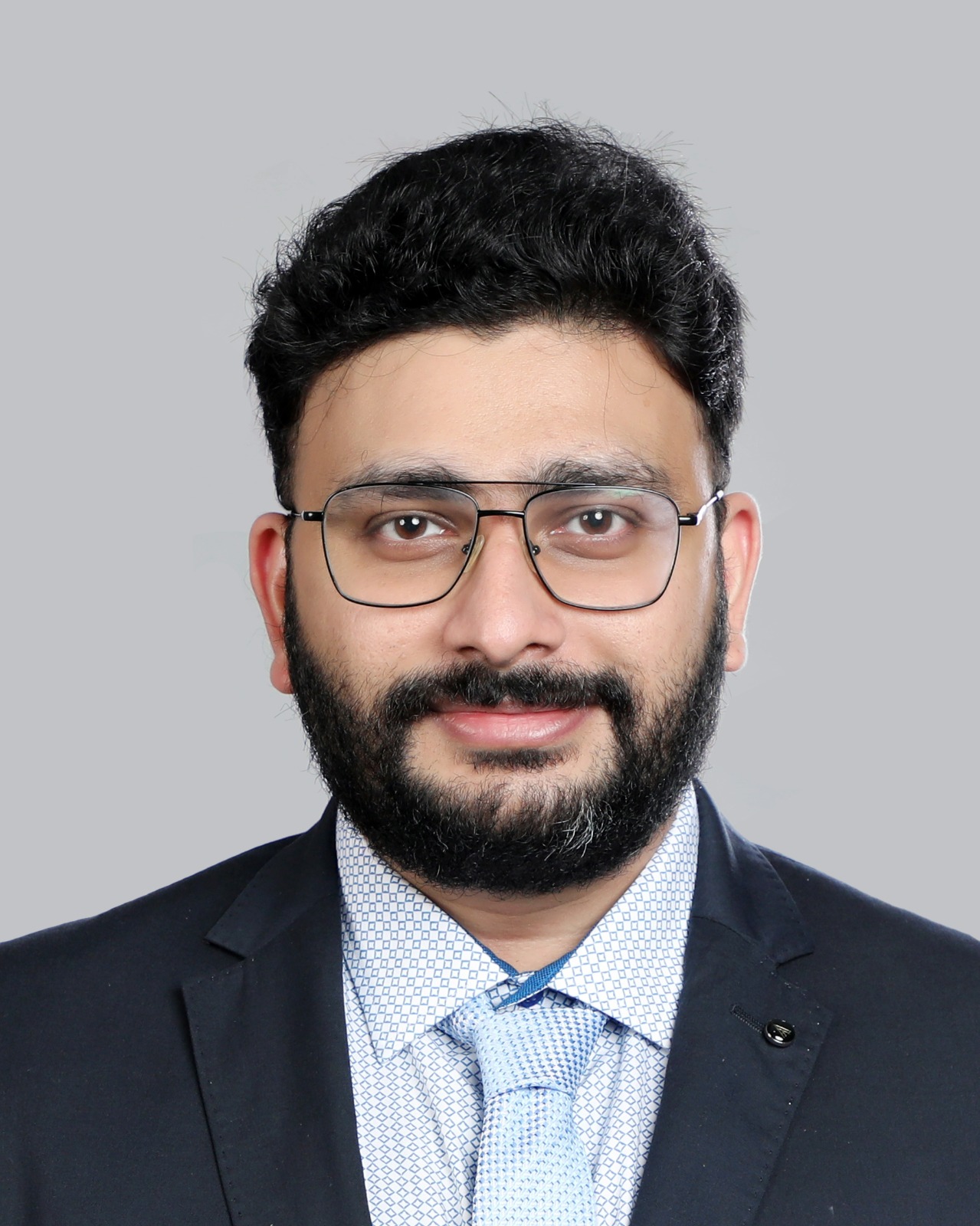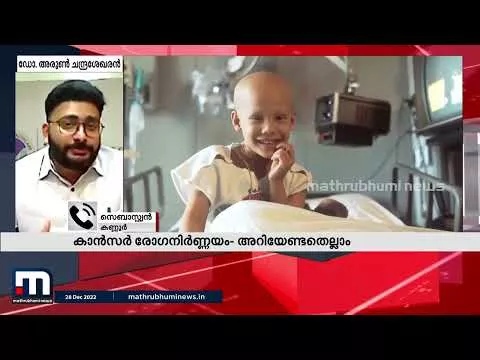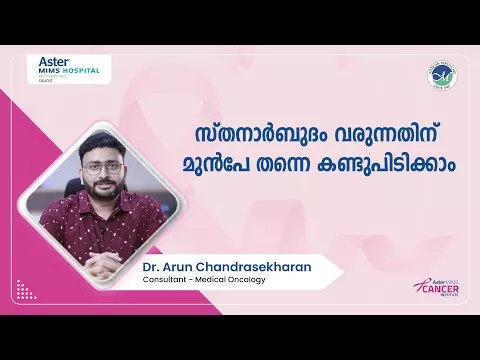The department of Medical Oncology at Aster MIMS offers comprehensive care in diagnosing and treating patients of all ages (adults and children), suffering from solid tumours and haematological malignancies.
We are committed at offering compassionate care along with personalized treatment for patients with various cancer types through the use of chemotherapy and targeted therapy.
Our Doctors
We have some of the best specialists from around the world, they bring years of experience and offer evidence-based treatment to ensure the best care for you.
Advanced Technology & Facilities
Well equipped with the latest medical equipment, modern technology & infrastructure, Aster Hospital is one of the best hospitals in India.
Aster MIMS, Calicut for the first time in Kerala, introduces Robotic Surgery with da Vinci Robot- a highly advanced surgical Robot that performs minimally invasive surgeries with utmost precision. What can be called the next level in surgery, the da Vinci Robot has a multi-limbed surgical robot with tiny wrists that bend in all directions, offering precision, dexterity and fine manipulation beyond that of the human hand. The Surgeon performs minimally invasive surgeries by manipulating three robotic arms and a video camera that are inserted through small skin incisions, while seated in front of a computer console with a 3D video screen and controls.
Site-specific disease management groups: Head and Neck Oncology, Medical Oncology, Surgical Oncology, Radiation Oncology, Ortho Oncology, Haematology, Haemato Oncology & BMT.
ORI Fusion Digital Integrated Operation Theatres With 22 Operating Rooms that are on par with some of the largest in the world, Aster MIMS, Calicut for the first time South India, introduces ORI Fusion Digital Integrated Operation Theatres using Karlstorz OR1 Fusion - Asia Pacific’s first complete digital integration system. The integration enables real-time sharing of images, videos and medical reports, which not only facilitates virtual participation from any location in the world but also helps the rest of the surgical team to monitor the patient closely during the operative procedure, much to the benefit and safety of the patient undergoing the surgery. Aster MIMS, Calicut is also the first surgical facility in the state to offer Robotic Surgery using a high-precision da Vinci Surgery Robot.
PET-CT scanning, and Nuclear Medicine Therapy using Radio-pharmaceuticals like Iodine-131 PET –CT-based radiotherapy planning.
CT scan-based radiotherapy planning CT Simulator CT –MRI fusion Image based interventional oncology (RFA, TACE).
Early screening of cancers in the Breast, Cervix, Head and Neck, Colorectum, Prostate and Lung.
Patient Stories
Our patients are our best advocates, hear the inspiring stories of their treatment journey
Blogs
The source of trustworthy health and medical information. Through this section, we provide research-based health information, and all that is happening in Aster Hospital.











